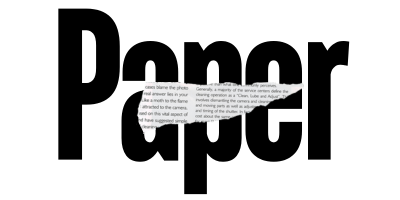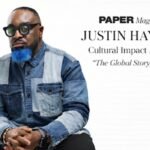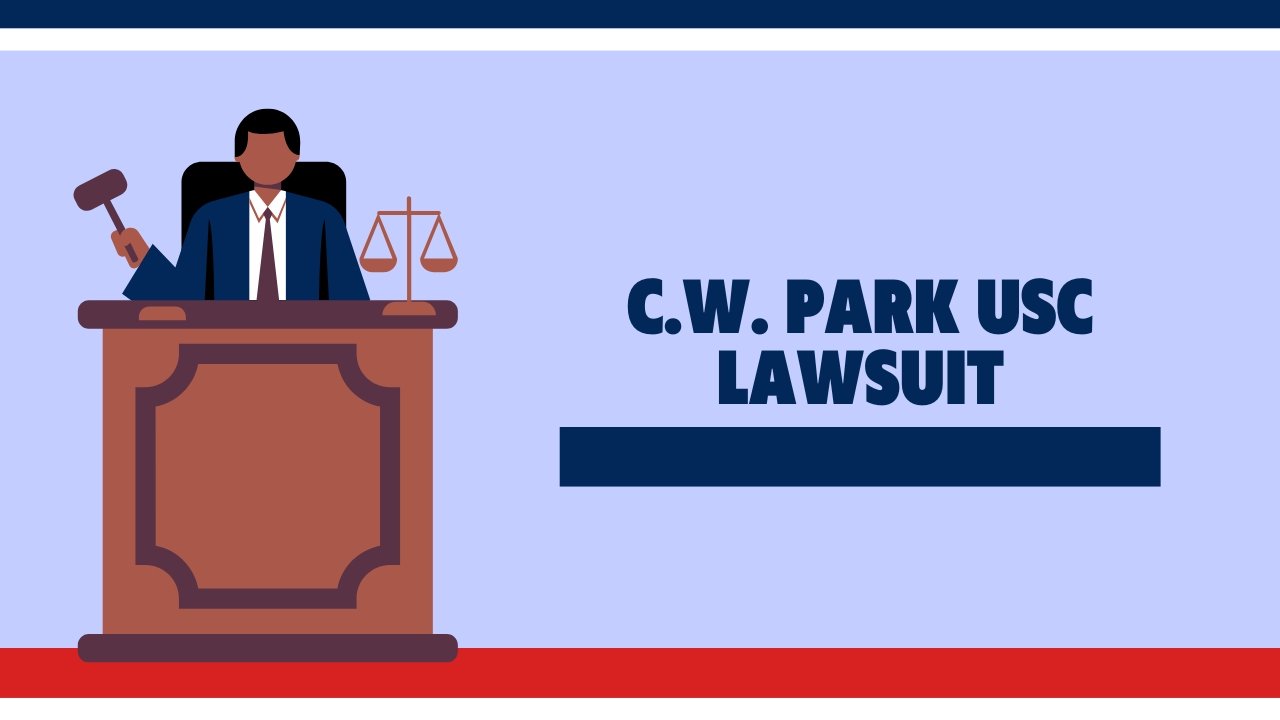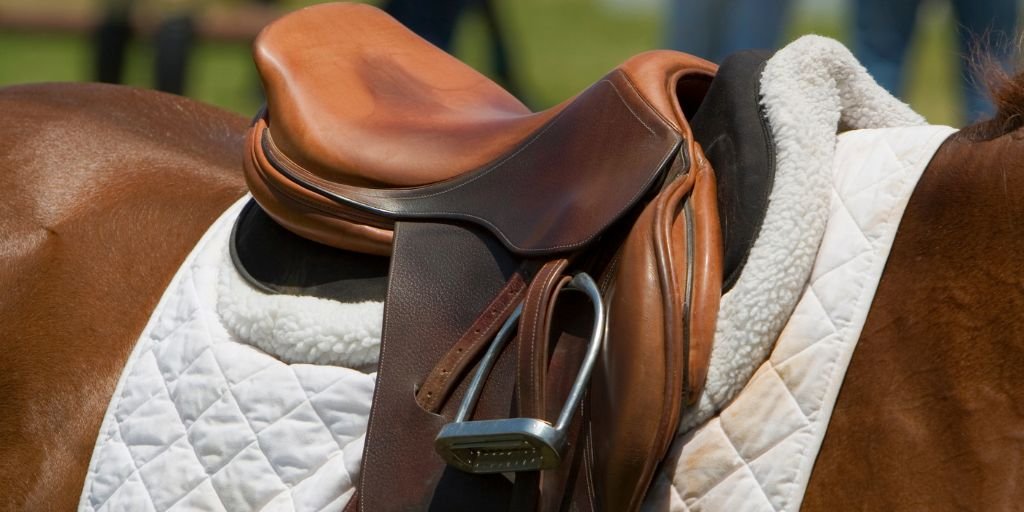The legal landscape is continually evolving, and landmark cases often leave a lasting impact on the practice and study of law. One such case that has captured significant attention within the academic and legal communities is the C.W. Park USC lawsuit. For law students and legal professionals, understanding this case offers insights into the complexities of legal disputes, the strategies involved, and the broader implications for legal education and practice. In this comprehensive blog post, we will delve into the various facets of the C.W. Park USC lawsuit, providing a detailed analysis that will be valuable for both current law students and seasoned legal practitioners.
Introduction to the C.W. Park USC Lawsuit
The lawsuit involving C.W. Park and the University of Southern California (USC) has emerged as a notable case within the legal field, attracting attention due to its significant legal issues and implications. While the specifics of the case may be complex, the fundamental aspects revolve around allegations of wrongful conduct and legal violations by USC, which were brought to light by C.W. Park, an individual with connections to the university.
This case serves as a prime example of how legal disputes can arise from academic and administrative settings, highlighting the intricate relationship between educational institutions and the law. By examining the details of this lawsuit, we can gain a deeper understanding of the legal principles at play and their broader ramifications.
Overview of the Legal Issues Involved and Their Significance
At the heart of the C.W. Park USC lawsuit are several key legal issues that warrant close examination. These issues encompass a range of legal principles and doctrines, each of which carries significant implications for the parties involved and the broader legal community. The primary legal issues in this case include:
Breach of Contract
One of the central allegations in the lawsuit is the breach of contract. C.W. Park contends that USC failed to fulfill certain contractual obligations, which led to substantial harm. This raises questions about the nature of the contractual relationship between the parties and the extent to which contractual duties were breached.
Employment Law Violations
Another critical aspect of the case involves potential violations of employment law. C.W. Park’s claims may include allegations of wrongful termination, discrimination, or other employment-related misconduct. Understanding these claims requires an analysis of the applicable employment laws and regulations.
Academic Freedom and Governance
The case also touches upon issues related to academic freedom and governance within educational institutions. C.W. Park’s allegations may involve disputes over academic decision-making, the rights of faculty members, and the role of university administration in governing academic affairs. These issues have profound implications for the autonomy and integrity of educational institutions.
Tort Claims
In addition to contractual and employment-related claims, the lawsuit may encompass tort claims such as defamation, intentional infliction of emotional distress, or other tortious conduct. These claims involve allegations of wrongful actions that caused harm to C.W. Park’s reputation and well-being.
Significance of the Legal Issues
The legal issues in the C.W. Park USC lawsuit are significant not only because of their immediate impact on the parties involved but also because of their broader implications for legal education and practice. The case serves as a valuable learning opportunity for law students and legal professionals, offering insights into the complexities of legal disputes and the application of legal principles in real-world scenarios.
Historical Context and Key Events Leading Up to the Lawsuit
To fully comprehend the C.W. Park USC lawsuit, it is essential to examine the historical context and key events that preceded the legal dispute. Understanding the background of the case provides valuable insights into the motivations and actions of the parties involved.
Background of C.W. Park
C.W. Park is an individual with a longstanding connection to the University of Southern California. As a faculty member, administrator, or other affiliated party, Park’s involvement with USC spans several years. This background is crucial for understanding the nature of the relationship between Park and the university.
Key Events Leading Up to the Lawsuit
Several key events and circumstances led to the filing of the lawsuit. These events may include:
Changes in University Policies
Changes in university policies or administrative decisions may have played a significant role in the dispute. Understanding these changes and their impact on C.W. Park’s role within the university is essential for analyzing the legal issues at hand.
Alleged Misconduct
Allegations of misconduct by USC, whether related to contractual breaches, employment practices, or other actions, are central to the lawsuit. These allegations form the basis of C.W. Park’s claims and provide insight into the nature of the dispute.
Attempts at Resolution
Prior to filing the lawsuit, there may have been attempts to resolve the dispute through negotiation or other means. Examining these efforts sheds light on the parties’ willingness to seek an amicable resolution and the challenges they faced in doing so.
Historical Context
The historical context of the case also includes broader trends and developments within the legal and academic communities. For example, changes in employment law, shifts in academic governance, and evolving attitudes toward contractual obligations all influence the context in which the lawsuit arose.
Examination of the Legal Strategies and Arguments Used by Both Sides
Legal disputes often involve complex strategies and arguments presented by both sides. In the case of the C.W. Park USC lawsuit, understanding these strategies and arguments is essential for appreciating the intricacies of the legal battle.
Plaintiff’s Legal Strategies and Arguments
As the plaintiff, C.W. Park’s legal team likely employed several key strategies and arguments to support their claims:
Breach of Contract Argument
One of the primary arguments advanced by the plaintiff may involve the alleged breach of contract by USC. This argument would focus on specific contractual obligations that USC purportedly failed to fulfill and the resulting harm to C.W. Park.
Employment Law Violations
The plaintiff may also present arguments related to employment law violations, such as wrongful termination or discrimination. These arguments would involve an analysis of the relevant employment laws and regulations and their application to the case.
Tort Claims
In addition to contractual and employment-related arguments, the plaintiff may assert tort claims. These arguments could include allegations of defamation, emotional distress, or other wrongful conduct by USC that caused harm to C.W. Park.
Defendant’s Legal Strategies and Arguments
As the defendant, USC’s legal team likely employed several key strategies and arguments to defend against the claims:
Contractual Defenses
USC may present defenses to the breach of contract claims, arguing that they fulfilled their contractual obligations or that any alleged breaches were justified. These defenses would involve an analysis of the contractual terms and the actions taken by USC.
Employment Law Defenses
In response to employment-related claims, USC may argue that their actions were consistent with employment laws and regulations. They may also present evidence to refute allegations of wrongful termination or discrimination.
Tort Defenses
USC may also defend against tort claims by arguing that their actions did not constitute defamation, emotional distress, or other tortious conduct. These defenses would involve an analysis of the elements of the tort claims and the evidence presented by the plaintiff.
Legal Strategies and Tactics
Throughout the litigation, both sides may employ various legal strategies and tactics to strengthen their positions. These strategies could include:
Discovery: Both parties may engage in extensive discovery to gather evidence supporting their claims and defenses.
Motions: Pre-trial motions, such as motions to dismiss or summary judgment motions, may be filed to resolve certain issues before trial.
Settlement Negotiations: Both sides may engage in settlement negotiations in an attempt to resolve the dispute without going to trial.
Analysis of the Lawsuit’s Impact on Legal Education and the Profession
The C.W. Park USC lawsuit has broader implications for legal education and the legal profession. Analyzing these impacts provides valuable insights for law students and legal professionals.
Impact on Legal Education
Curriculum Development
The lawsuit highlights the importance of incorporating real-world legal disputes into the law school curriculum. By studying cases like the C.W. Park USC lawsuit, law students can gain practical insights into legal principles, strategies, and the complexities of litigation.
Case Studies
The case can serve as a valuable case study for law students, offering a concrete example of how legal theories are applied in practice. Professors can use the lawsuit to illustrate key legal concepts and engage students in critical analysis.
Impact on the Legal Profession
Employment Law Practices
The case underscores the significance of employment law practices within educational institutions and other organizations. Legal professionals specializing in employment law can learn from the case’s outcomes and apply these lessons to their practice.
Contractual Obligations
The lawsuit also highlights the importance of clear and enforceable contractual obligations. Legal professionals involved in drafting and negotiating contracts can benefit from understanding the nuances of contractual disputes.
Broader Implications
Academic Governance
The case raises important questions about academic governance and the role of legal principles in governing educational institutions. These questions have implications for university administrators, faculty members, and legal professionals working in the academic sector.
Professional Ethics
The lawsuit also touches upon issues of professional ethics, including the responsibilities of legal professionals in representing their clients and the ethical considerations involved in legal disputes.
Insights for Law Students and Legal Professionals on Learning from the Case
The C.W. Park USC lawsuit offers valuable insights for law students and legal professionals. By learning from the case, individuals can enhance their understanding of legal principles and improve their practice.
Key Takeaways for Law Students
Understanding Legal Principles
Studying the case provides an opportunity to understand key legal principles, such as breach of contract, employment law, and tort claims. Law students can gain a deeper understanding of how these principles are applied in real-world scenarios.
Developing Legal Skills
Analyzing the case helps law students develop essential legal skills, such as critical thinking, legal research, and argumentation. These skills are crucial for success in law school and in legal practice.
Key Takeaways for Legal Professionals
Practical Application of Legal Knowledge
The case demonstrates the practical application of legal knowledge in resolving complex disputes. Legal professionals can learn from the strategies and arguments used in the case and apply these lessons to their practice.
Ethical Considerations
The case also highlights the ethical considerations involved in legal representation and dispute resolution. Legal professionals can reflect on these considerations and incorporate ethical principles into their practice.
You May Also Like: Discover Tratear meaning: A Path to Stronger, Deeper Connections
Conclusion
The C.W. Park USC lawsuit is a landmark case that offers valuable insights into the complexities of legal disputes within academic settings. By examining the legal issues, historical context, legal strategies, and broader implications of the case, law students and legal professionals can gain a deeper understanding of the legal principles at play and their significance for legal education and practice.
As the legal landscape continues to evolve, cases like the C.W. Park USC lawsuit serve as important learning opportunities. By studying and learning from such cases, individuals can enhance their legal knowledge, develop essential skills, and contribute to the advancement of the legal profession.
For law students and legal professionals seeking to stay informed and engaged with significant legal developments, understanding cases like the C.W. Park USC lawsuit is essential. By doing so, they can better navigate the complexities of the legal field and contribute to the pursuit of justice and excellence in legal practice.
Frequently Asked Questions
What was the main legal issue in the C.W. Park USC lawsuit?
The principal legal issue in the C.W. Park USC lawsuit was a breach of contract. The case involved complex disputes relating to contractual obligations, employment law practices, and tort claims within an academic setting.
How does studying the C.W. Park USC lawsuit benefit law students?
Studying this lawsuit provides law students with practical insights into real-world legal principles and complexities. It helps them understand the application of legal theories, develop critical legal skills, and engage in the analysis of actual legal disputes, thereby enriching their legal education.
What are the broader implications of the C.W. Park USC lawsuit for the legal profession?
The case underscores the significance of employment law practices, the importance of clear contractual obligations, and the role of professional ethics in legal disputes. Legal professionals can learn from the case’s outcomes to enhance their practice and apply these lessons in their professional roles.
Why is the C.W. Park USC lawsuit significant for legal education?
The lawsuit is significant for legal education because it highlights the importance of incorporating real-world cases into the curriculum. It serves as a valuable case study, allowing students to explore how legal principles are applied in practice and engage in critical thinking and analysis.
How did the C.W. Park USC lawsuit impact academic governance?
The case raised important questions about academic governance and the role of legal principles in governing educational institutions. It highlighted the complexities of legal disputes within academic settings, which has implications for university administrators, faculty members, and legal professionals working in academia.











